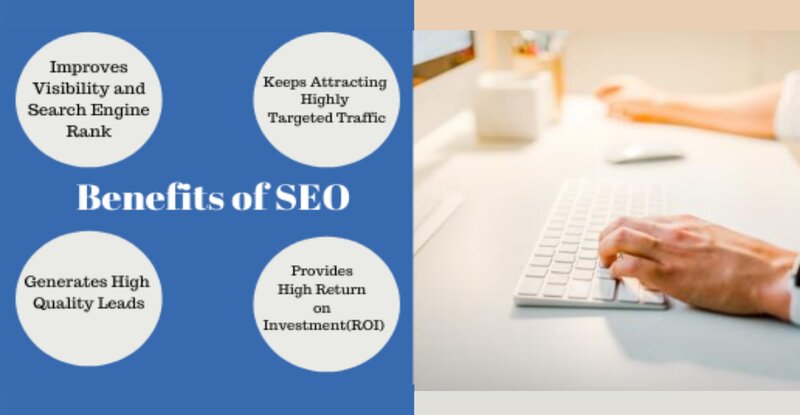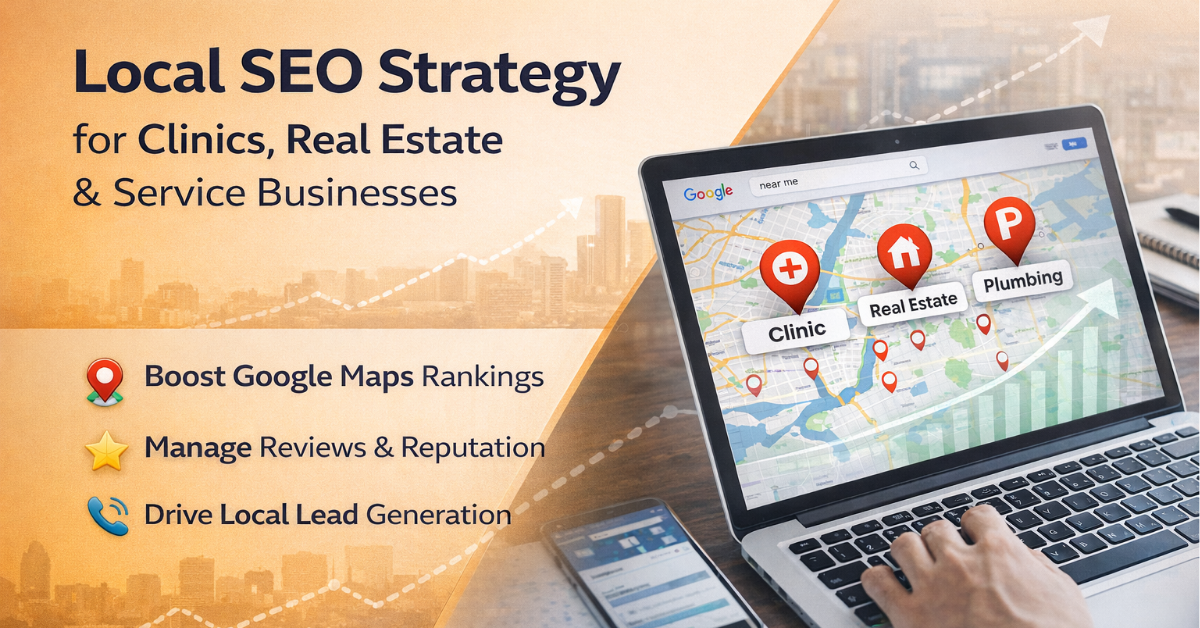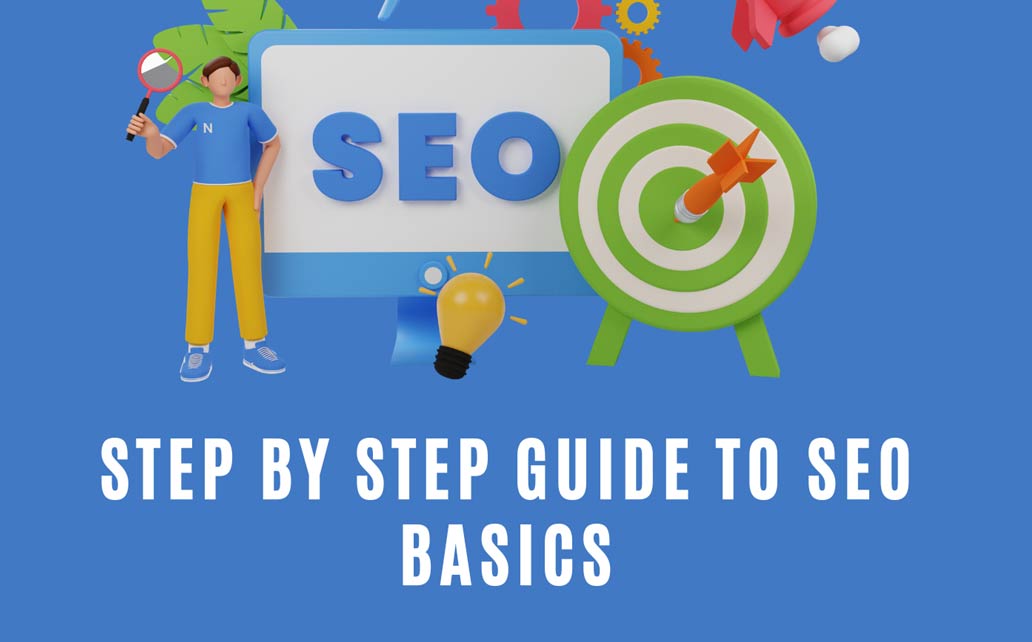SEO or Search Engine Optimization is a technique that has transformed online marketing in recent years. It is the practice of increasing the visibility of a website to a search engine. SEO can be very helpful if you’re a business owner and want to build a robust online presence. Marketers rely heavily on this technique to promote their business and reach wider audiences. Here are the top five benefits of SEO for your business.
List of Top 5 Benefits of SEO
1. SEO leads to higher quality traffic
Most companies focus entirely on outbound marketing, where you reach out to customers via ads that don’t always guarantee genuinely interested visitors. Outbound methods like ads, cold calling, and spam emails can annoy most people. On the other hand, SEO focuses on inbound techniques, where your content automatically attracts visitors who are interested. Inbound visitors come willingly to your website and spend time knowing more about your business. This approach is highly customer-centric and places the customer’s interests above theirs. These visitors have qualified leads who are browsing your services and might be interested in buying them in the future.
2. SEO is free
SEO is free because you don’t need to pay to get your content in the top search results. Instead, if your content is good enough and follows the best SEO practices, search engines will automatically place it high on the list. Of course, you might have to spend money on hiring an SEO expert to do that for you. The money you save on ads can improve your content quality, further enhancing search rankings. SEO is superior to PPC because, in the latter, you need to pay every time a visitor clicks the link. While in SEO, there is only some initial investment in content that will continue to give returns for a long time.
3. Better user experience and higher conversion rates
SEO improves your search ranking and makes your website more accessible and user-friendly. Adding images, videos, and infographics relevant to the content or making the site mobile-friendly will dramatically improve the user experience. Users who had a better experience on your website are more likely to try your products and become regular customers, shooting up conversion rates. Statistics show that SEO leads have a conversion rate of 14.7%, which is significantly higher than that of outbound marketing at 1.7%.
4. SEO helps in brand building
Linkbuilding is a critical component of SEO. If a higher-ranking website redirects users to your website, your website’s ranking will improve as well. If you manage to get a backlink from a reputable site, it will put you in a favorable position in the minds of that website’s users. They will recognize your website as a brand comparable to the website that has shared your link. Even though PPC sites are placed higher, sites that are organically at the top usually have more visitors. Moreover, websites that rank higher in search results automatically leave the impression of being credible sources of information. Also, if users can easily find your website, they are more likely to view your services to be of higher quality than others.
5. SEO is a long term marketing strategy
Unlike PPC or other paid marketing channels, SEO is a strategy that will continue to show results for a considerable amount of time. Once a website is optimized correctly as per the best SEO standards and gets placed higher in the search rankings, the chances are that it will remain there for months or even years. Once you’re at the top, it is improbable that search engines will downgrade your rankings. Of course, you’ll have to regularly update the page per the changing SEO-related norms of search engines.
Benefits of SEO( search engine optimization)
The benefits of Search Engine Optimization are several; however, we have chosen the five most important ones for this blog. SEO is crucial if you’re a small business, as you will struggle to compete with mega-corporations due to their massive spending power. SEO is one of the most revolutionary techniques to help companies succeed and stay competitive.




